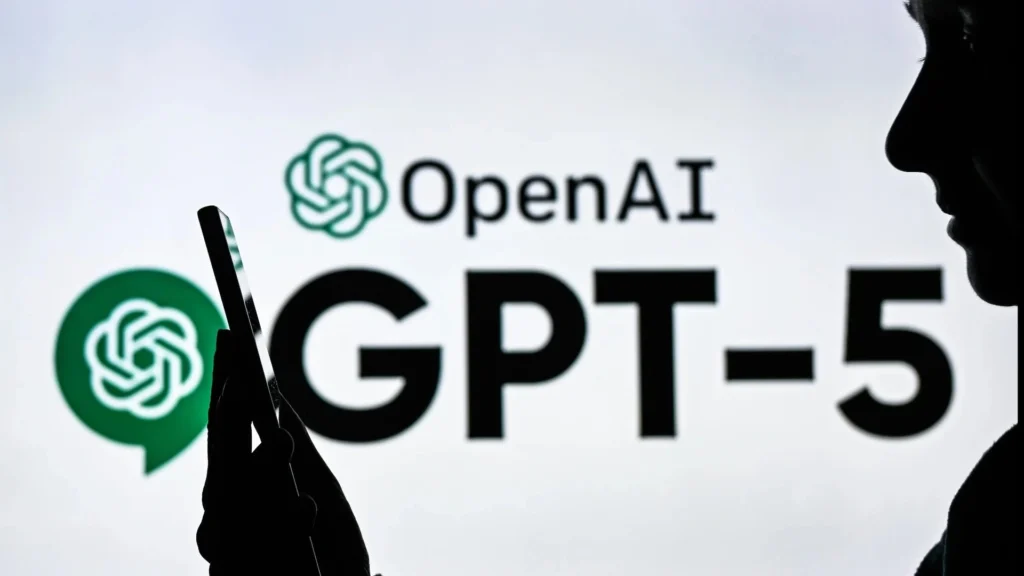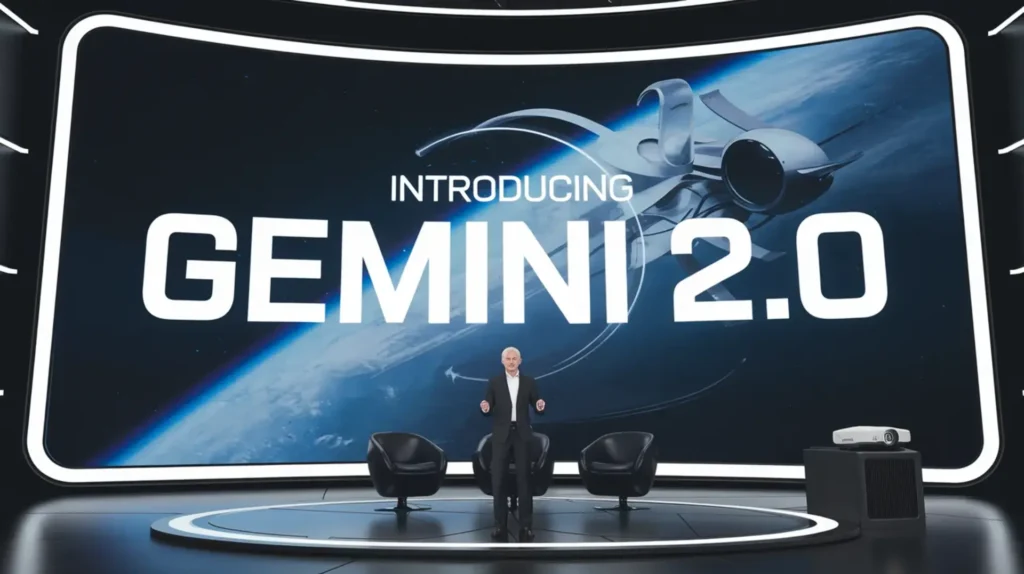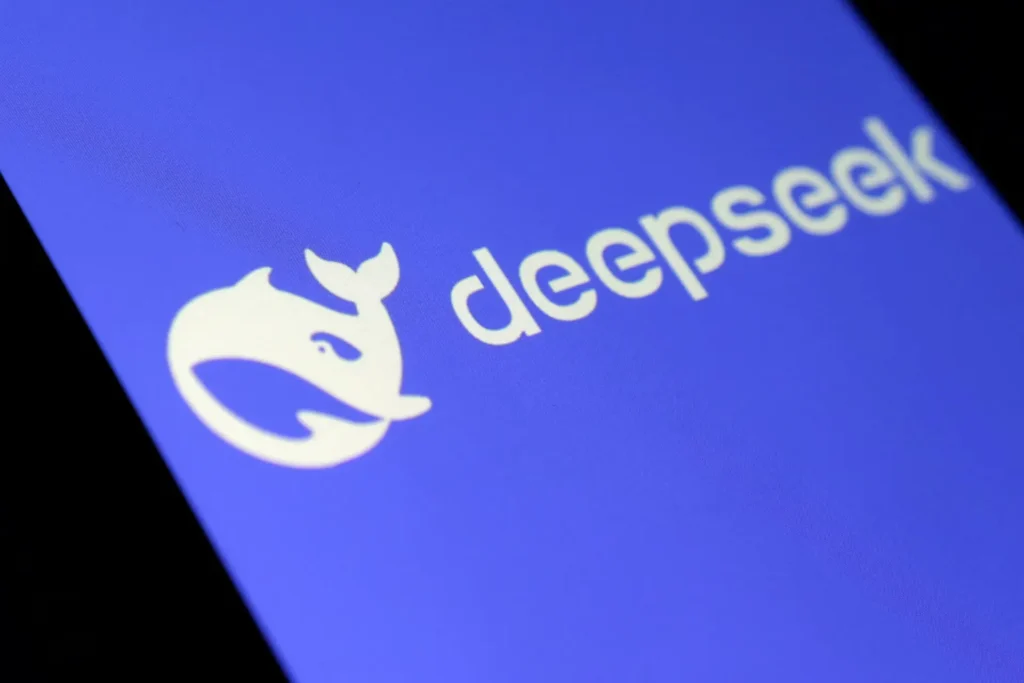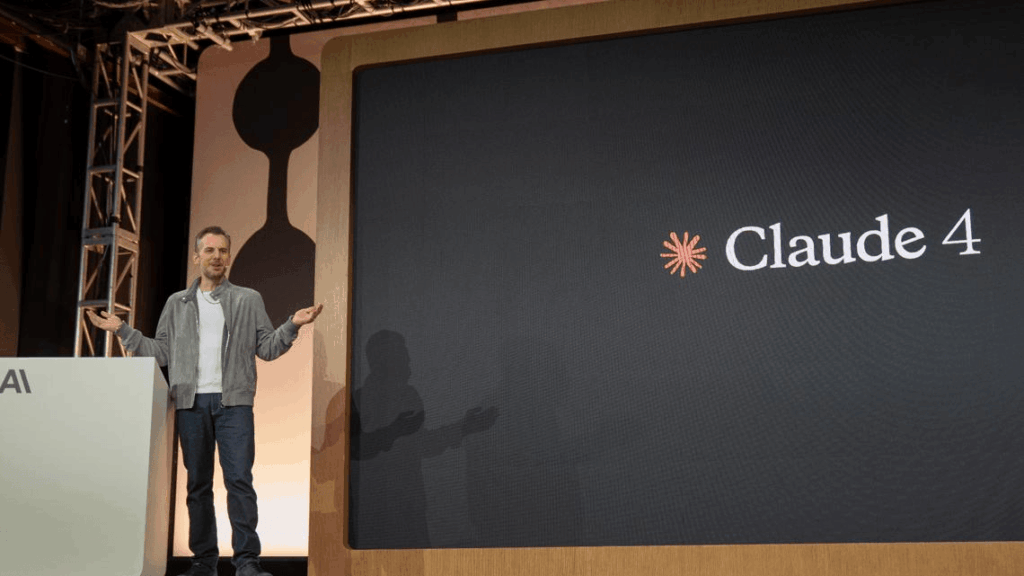Artificial Intelligence (AI) has come a long way since its early days of simple algorithms and basic machine learning. In 2025, AI is more powerful, intuitive, and integrated into our daily lives than ever before. From hyper-intelligent virtual assistants to self-improving AI systems that write their own code, the technology is advancing at a breathtaking pace.
But what exactly makes today’s AI so revolutionary? How are businesses and individuals leveraging these advancements? And what ethical challenges do we face as AI grows even smarter?
In this deep dive, we’ll explore the state of AI in 2025, the most powerful models dominating the market, real-world applications, and what the future may hold.
The AI Revolution in 2025: What’s New?
1. Generative AI 2.0: Beyond Text and Images
The AI models of 2024 were impressive, but 2025 has taken generative AI to a whole new level. Systems like OpenAI’s GPT-5, Google’s Gemini Ultra 2.0, and DeepSeek-V4 can now:
- Generate ultra-realistic 3D models for gaming, architecture, and virtual reality.
- Write and debug complex code in multiple programming languages with near-perfect accuracy.
- Simulate human-like conversations with emotional intelligence, making chatbots almost indistinguishable from humans.
- Create full-length movies from simple text prompts, including scriptwriting, voice acting, and animation.
These models are not just tools—they’re becoming creative partners in industries like entertainment, marketing, and software development.
2. Autonomous AI Agents That Work for You
One of the biggest breakthroughs in 2025 is the rise of autonomous AI agents. These are AI systems that can perform tasks independently without constant human input. Examples include:
- AI personal assistants that manage your emails, schedule meetings, and even negotiate deals on your behalf.
- Self-operating business AIs that handle customer service, marketing, and inventory management for small businesses.
- AI scientists that run experiments, analyze data, and propose new research directions in fields like medicine and physics.
Companies like xAI (Elon Musk’s AI venture) and Adept AI are leading this space, creating agents that can interact with software just like a human would.
3. AI in Healthcare: Saving Lives with Precision
AI’s impact on healthcare has been profound. In 2025, we’re seeing:
- AI doctors that analyze medical scans with superhuman accuracy, detecting cancers and diseases earlier than ever.
- Personalized medicine, where AI designs custom treatment plans based on a patient’s genetic makeup.
- Robot-assisted surgeries powered by AI that adapt in real-time to a patient’s anatomy.
The FDA has now approved over 50 AI-driven medical devices, and hospitals worldwide are integrating AI into diagnostics and patient care.
4. AI and the Workforce: Job Disruption or Enhancement?
With AI automating more tasks, many fear job losses. However, 2025 trends show a different story:
- AI is creating new roles like “AI trainers,” “prompt engineers,” and “AI ethics auditors.”
- Hybrid human-AI teams are becoming the norm, where AI handles repetitive tasks while humans focus on creativity and strategy.
- Upskilling programs funded by governments and corporations are helping workers transition into AI-augmented jobs.
While some jobs are disappearing, many more are evolving—making adaptability a key skill in the AI era.
The Most Powerful AI Models in 2025
1. GPT-5 (OpenAI)

- Capabilities: Near-human reasoning, advanced problem-solving, and seamless integration with robotics.
- Use Cases: Legal document analysis, scientific research, and real-time multilingual translation.
2. Gemini Ultra 2.0 (Google DeepMind)

- Capabilities: Multimodal understanding (text, images, audio, video) with deep scientific reasoning.
- Use Cases: Drug discovery, climate modeling, and AI-powered education tutors.
3. DeepSeek-V4 (DeepSeek AI)

- Capabilities: Open-source alternative with strong coding and mathematical abilities.
- Use Cases: Software development, academic research, and affordable AI for startups.
4. Claude 4 (Anthropic)

- Capabilities: Focused on safety and ethical alignment, making it ideal for sensitive applications.
- Use Cases: Government policy analysis, mental health support, and unbiased news summarization.
5. xAI’s Grok-2 (Elon Musk’s AI)

- Capabilities: Real-time learning from user interactions, integrated with X (formerly Twitter).
- Use Cases: Social media moderation, trend prediction, and interactive learning.
Ethical Concerns: Is AI Becoming Too Powerful?
With great power comes great responsibility, and AI in 2025 is no exception. Key concerns include:
- Deepfake Misuse: AI-generated videos and voices are so realistic that misinformation is harder to detect.
- Bias and Fairness: Even advanced models can inherit biases from training data.
- Job Market Shifts: While AI creates opportunities, rapid changes could leave some workers behind.
- AI Autonomy: Should AI be allowed to make life-and-death decisions in healthcare or warfare?
Regulations like the EU AI Act and U.S. AI Safety Guidelines are attempting to address these issues, but the debate is far from over.
The Future of AI: What’s Next?
By 2030, experts predict:
- Artificial General Intelligence (AGI): AI that can perform any intellectual task a human can.
- Brain-Computer Interfaces (BCI): Merging AI with human cognition via neural implants (Neuralink is a pioneer here).
- Self-Improving AI: Systems that rewrite their own code to become smarter without human intervention.
The question is no longer if AI will transform society—it already has. The real challenge is ensuring this transformation benefits everyone.
Final Thoughts: Embracing the AI Revolution
AI in 2025 is not just a tool—it’s a collaborator, a problem-solver, and sometimes, a disruptor. Whether you’re a business leader, a developer, or just a curious individual, understanding AI is no longer optional.
The best approach? Stay informed, adapt continuously, and use AI to enhance—not replace—human potential.
What’s your take on AI in 2025? Are you excited or concerned? Let’s discuss in the comments!

